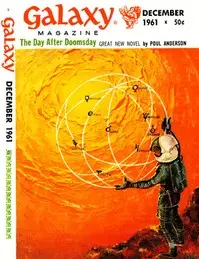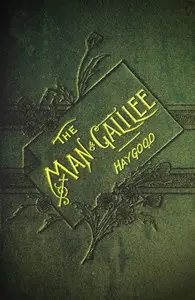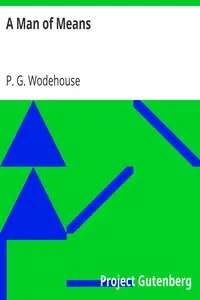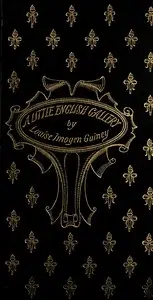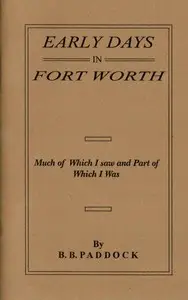"Beethoven, the Man and the Artist, as Revealed in His Own Words" by Ludwig van Beethoven is a collection of quotations and insights about the life and philosophy of the renowned composer, edited after his death. This work was compiled in the early 20th century and reflects on Beethoven's artistic thoughts, personal experiences, and beliefs throughout the late 18th and early 19th centuries. The author aims to provide readers with a deeper understanding of Beethoven’s character and the essence of his music, through his own expressions, linking the man and the artist seamlessly. The opening of the work presents a brief biographical sketch of Beethoven, highlighting his monumental contributions to classical music and his intense relationship with art and nature. It emphasizes how music was a source of solace for him amid personal struggles, particularly his hearing loss. The text reveals Beethoven’s strong views on artistry, emphasizing the importance of integrity and emotional depth in music, while also expressing disdain for superficial compositions. Throughout this introduction, the reader gains a sense of Beethoven's idealism, moral sensibilities, and his belief in the power of music to illuminate the human experience. (This is an automatically generated summary.)

Beethoven, the Man and the Artist, as Revealed in His Own Words
By Ludwig van Beethoven
Translation of Beethoven im eigenen Wort.
Ludwig van Beethoven was a German composer and pianist. He is one of the most revered figures in the history of Western music; his works rank among the most performed of the classical music repertoire and span the transition from the Classical period to the Romantic era in classical music. His early period, during which he forged his craft, is typically considered to have lasted until 1802. From 1802 to around 1812, his middle period showed an individual development from the styles of Joseph Haydn and Wolfgang Amadeus Mozart, and is sometimes characterized as heroic. During this time, Beethoven began to grow increasingly deaf. In his late period, from 1812 to 1827, he extended his innovations in musical form and expression.







